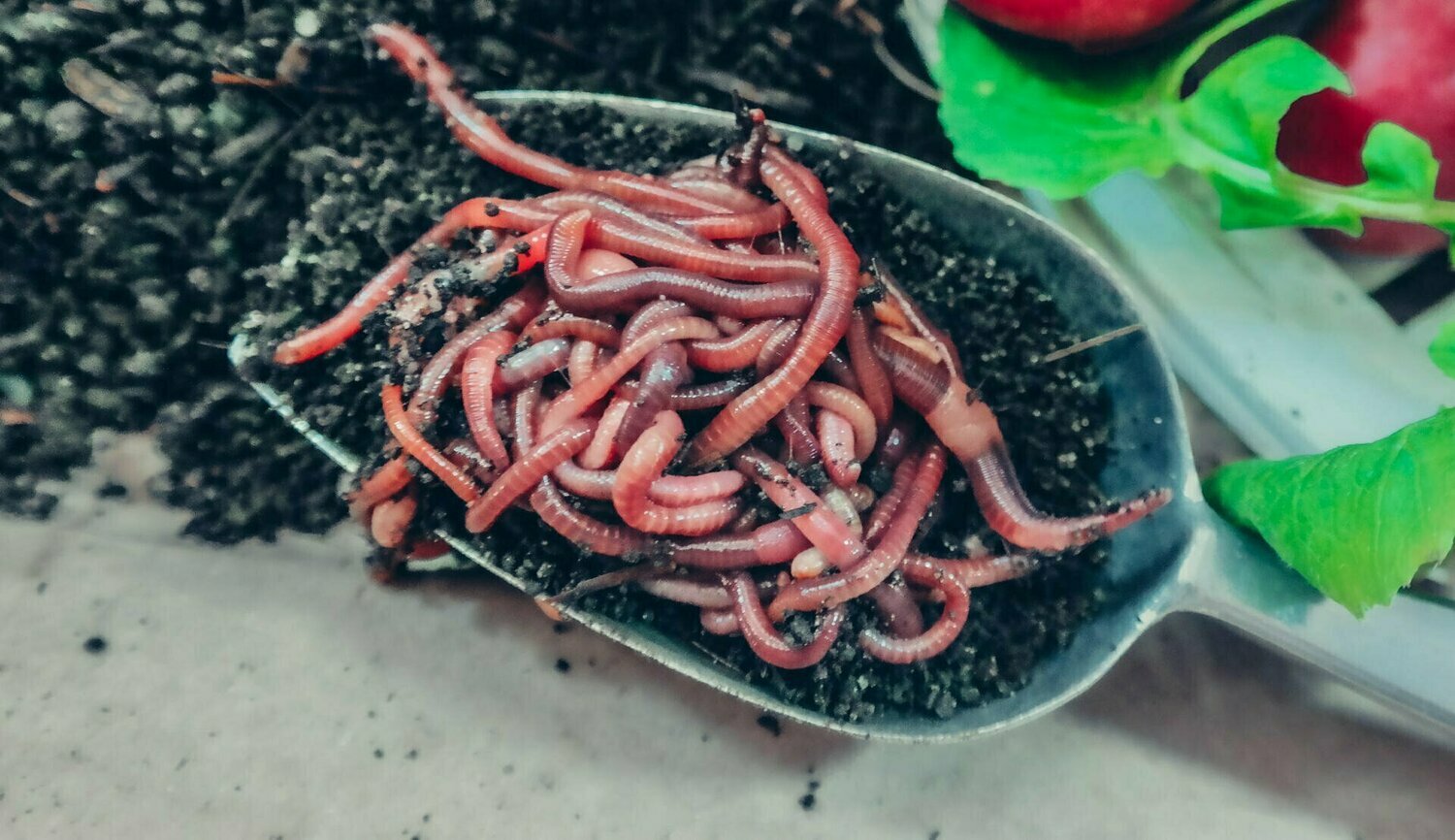Red worms: Tips for success
Red worms: Tips for success
Blog Article
Why Red Wigglers Are Crucial for Chemical-free Farming
Red wigglers play a crucial role in natural farming, largely via their special capability to decay natural materials and boost soil health. Their task not only improves the dirt with essential nutrients yet likewise fosters a thriving ecological community important for sustainable agriculture. The physical procedures they engage in, such as oygenation and moisture retention, add considerably to improved crop returns. The degree of their effect on agricultural methods and dirt biology raises appealing inquiries concerning the future of organic farming. red wigglers. What implications might this have for farming approaches?
Function of Red Wigglers in Soil Health

Additionally, red wigglers enhance soil framework by developing networks as they burrow. These networks improve aeration and water infiltration, promoting a much healthier root environment. Their task also aids in preserving optimum moisture degrees, which is important for healthy plant growth.

Advantages of Worm Spreadings
Worm castings, the nutrient-rich waste matter generated by red wigglers, act as an effective modification for organic farming. These castings are loaded with necessary nutrients such as nitrogen, phosphorus, and potassium, which are essential for plant development. Unlike synthetic plant foods, worm castings release nutrients gradually, providing a stable supply gradually and decreasing the risk of nutrient leaching and drainage.
Furthermore, worm castings boost dirt framework and oygenation, promoting healthier root systems. Their high raw material web content enhances moisture retention, making it possible for plants to much better stand up to dry spell problems. In addition, worm castings have useful microorganisms that sustain plant wellness by subduing virus and boosting nutrition uptake.
The application of worm castings can lead to increased plant yields and improved top quality of produce, making them an invaluable resource for natural farmers. Their use additionally straightens with lasting farming techniques, adding to dirt fertility without the negative ecological effects related to chemical plant foods. In general, the unification of worm spreadings into farming techniques fosters a more durable and efficient ecosystem, underscoring the relevance of red wigglers in natural farming systems.

Enhancing Nutrient Biking
(red wiggler worms)Vitamins and mineral cycling is a vital process in natural farming, and the combination of red wigglers plays an essential role in boosting this cycle. As red wigglers consume rotting organic matter, they excrete nutrient-rich castings, which are brimming with helpful microbes.
Furthermore, red wigglers aid to increase the mineralization of nutrients, converting them from inert forms into bioavailable forms that plants can soak up. This process is vital for preserving soil fertility and advertising healthy plant growth. The existence of red wigglers additionally encourages a varied soil ecosystem, cultivating an equilibrium of nutrients that supports various plant species.
Improving Soil Structure
The improvement of soil framework is vital for fostering a healthy and balanced farming ecological community, and the task of red wigglers substantially adds to this enhancement. These earthworms play an important duty in freshening the soil and creating a network of channels that facilitate water seepage and root penetration. As they tunnel with the soil, red wigglers separate compressed layers, permitting for much better oxygen exchange and promoting microbial task.
Additionally, the raw material generated from their waste, understood as vermicast, improves soil gathering. This procedure produces secure clumps of official site soil fragments, enhancing soil porosity and decreasing erosion (red wigglers). The presence of red wigglers additionally motivates the growth of useful fungal networks, which are critical for nutrient uptake by plants
Promoting Sustainable Practices
Integrating red wigglers into chemical-free farming practices not only boosts soil health and wellness but also promotes sustainable agricultural approaches. These earthworms play a vital role in vitamins and mineral cycling, transforming organic waste into valuable compost that enriches the dirt. By using red wigglers, farmers can properly reduce dependence on artificial plant foods, thus decreasing chemical overflow and its damaging effects on communities.
In addition, the consolidation of red wigglers encourages the practice of recycling organic products, such as cooking area scraps and farm waste. This waste reduction approach not just lowers disposal expenses but also cultivates a closed-loop system where nutrients are constantly returned to the dirt (red wigglers). Such methods are necessary in reducing climate modification, as they enhance carbon sequestration and minimize greenhouse gas discharges
In addition, red wigglers improve water retention in the soil, which is crucial in times of dry spell. Their burrowing activities produce channels that enable water to penetrate much deeper right into the ground, thus promoting reliable water usage. Ultimately, integrating red wigglers right into chemical-free farming not only supports biodiversity yet likewise aligns with the concepts of lasting agriculture, offering an alternative strategy to food production.
Final Thought
To conclude, red wigglers play a vital duty in natural farming by dramatically boosting soil wellness and fertility. Their capacity to break down organic issue and create nutrient-rich spreadings promotes a flourishing microbial neighborhood, which is important for nutrient biking. Additionally, the delving tasks of these worms improve dirt structure and oygenation, assisting in far better water seepage and root growth. Hence, the combination of red wigglers right into agricultural methods is essential for advertising sustainability and enhancing total soil high quality.
Report this page